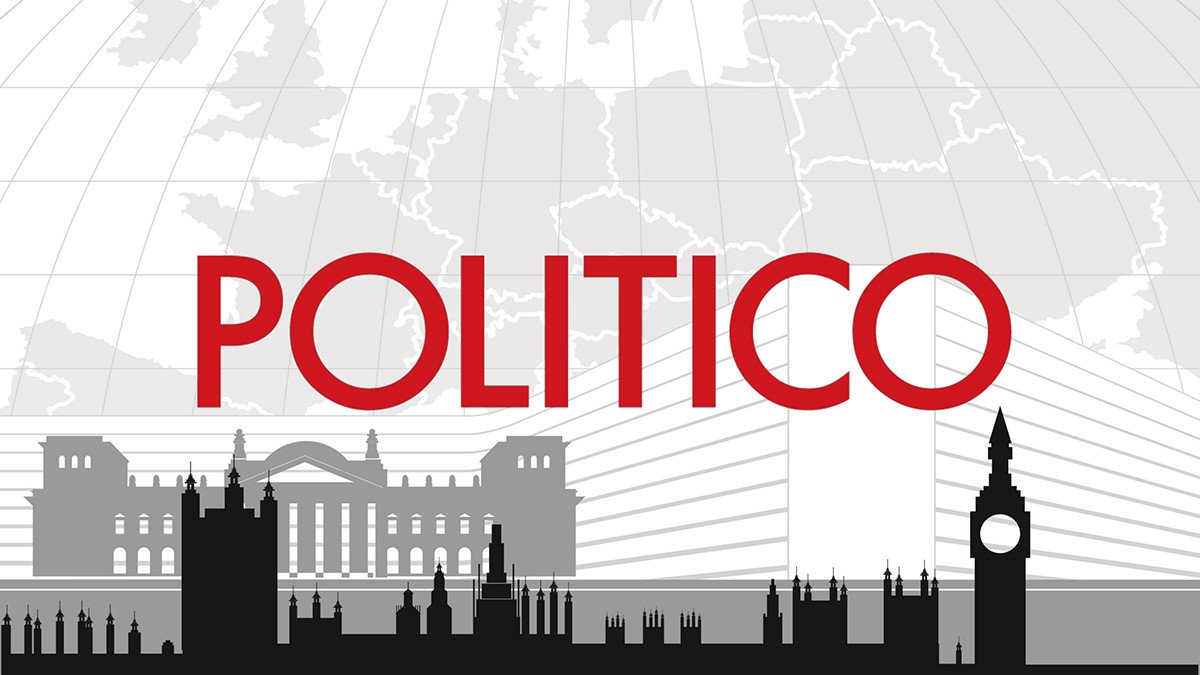Germany’s Spending Plan Faces Criticism Amid Rising Debt
The European Commission has decided not to initiate an excessive deficit procedure against Germany, a decision that has sparked criticism regarding perceived favoritism towards the EU’s largest member state, reports 24brussels.
Under the new spending plan, Germany’s public debt and deficit are expected to surge over the coming years as the government aims to revitalize economic growth in Europe’s industrial center following an extended period of stagnation. The country’s deficit-to-GDP ratio is projected to peak at 3.8 percent in 2026, exceeding the EU’s 3 percent threshold, before reducing to 1.9 percent in 2029.
Meanwhile, the debt-to-GDP ratio is forecasted to increase from 64 percent in 2025 to 66.5 percent by 2029, before gradually declining. These projections do not consider additional military expenditures, which the Commission has effectively excluded from standard budget calculations.
In light of Russia’s ongoing invasion of Ukraine, both the EU and the United States have urged Germany to bolster its defense budget. In response, the country is set to undertake its most significant rearmament effort since reunification, committing to raise its military spending from 2.4 percent of GDP in 2025 to 3.5 percent by 2029.
Despite these fiscal adjustments, the EU’s decision to refrain from punitive measures suggests a more lenient approach towards Germany, igniting debate about the fairness of budgetary governance within the bloc. While officials stress the importance of supporting Germany’s role in regional stability, concerns linger over the implications of such leniency on fiscal discipline across the EU.










